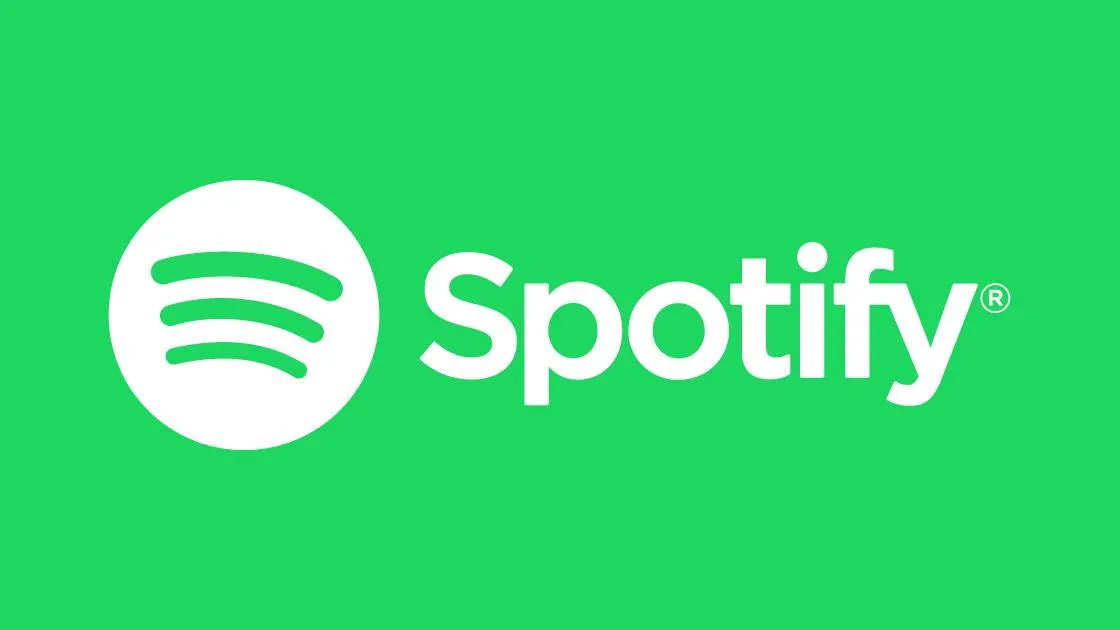Spotify Premium's price has increased for the first time since 2008
Spotify has joined other companies in raising its subscription price
After 12 years, the price of Spotify Premium has increased, something which the company hinted could happen in October last year.
In a statement on Spotify’s newsroom, the music streaming company said:
“The market landscape has continued to evolve since we launched. So that we can keep innovating, we are changing our Premium prices across a number of markets* around the world. These updates will help us continue to deliver value to fans and artists on our platform.”
Subscribers will now pay $10.99 instead of $9.99 for a Premium Individual account, $14.99 for a Premium Duo account, $16.99 for a Premium Family account, and $5.99 for a Premium Student account.
➡️ The Shortcut Skinny: Spotify price hike
😔 The price of Spotify Premium has now increased for the first time since 2008
💰 Users will have to pay $1 more a month
📆 Spotify admitted that prices could increase in October last year
📈 The move matches what we’ve seen from other subscription platforms
The move is hardly surprising. We’ve already seen Apple Music, YouTube Music and Amazon Music increase in price, as well as countless streaming services like Disney+ and even Peacock.
Spotify even said that users could expect a price hike in 2023 and Spotify co-founder and chief executive Daniel Ek believes the price hike won’t result in dramatic loss of customers and that the service remains “a great customer value proposition”. Spotify currently has over 200 million Premium subscribers.
We’re still waiting for Spotify to release its Platinum plan that will bring high-res audio and other benefits to users, and it’s tipped to cost $19.99. Rivals such as Tidal, Apple Music, Amazon Music and Deezer already offer high-res audio, so Spotify is quite behind the curve on this one. Despite being the most popular streaming platform, it offers the lowest-quality audio.
Existing Spotify subscribers will receive an email outlining the new prices and when they will go into effect.



